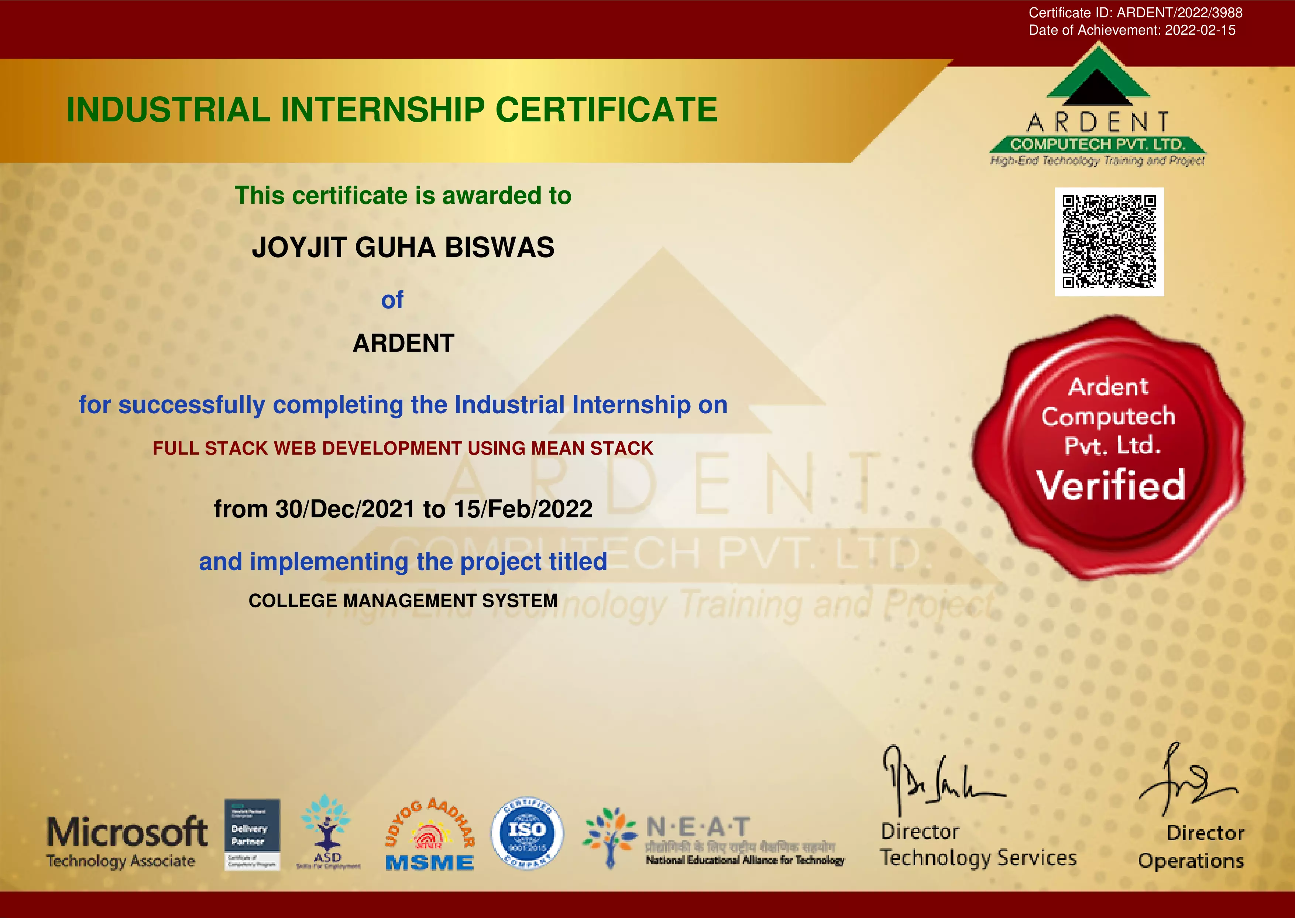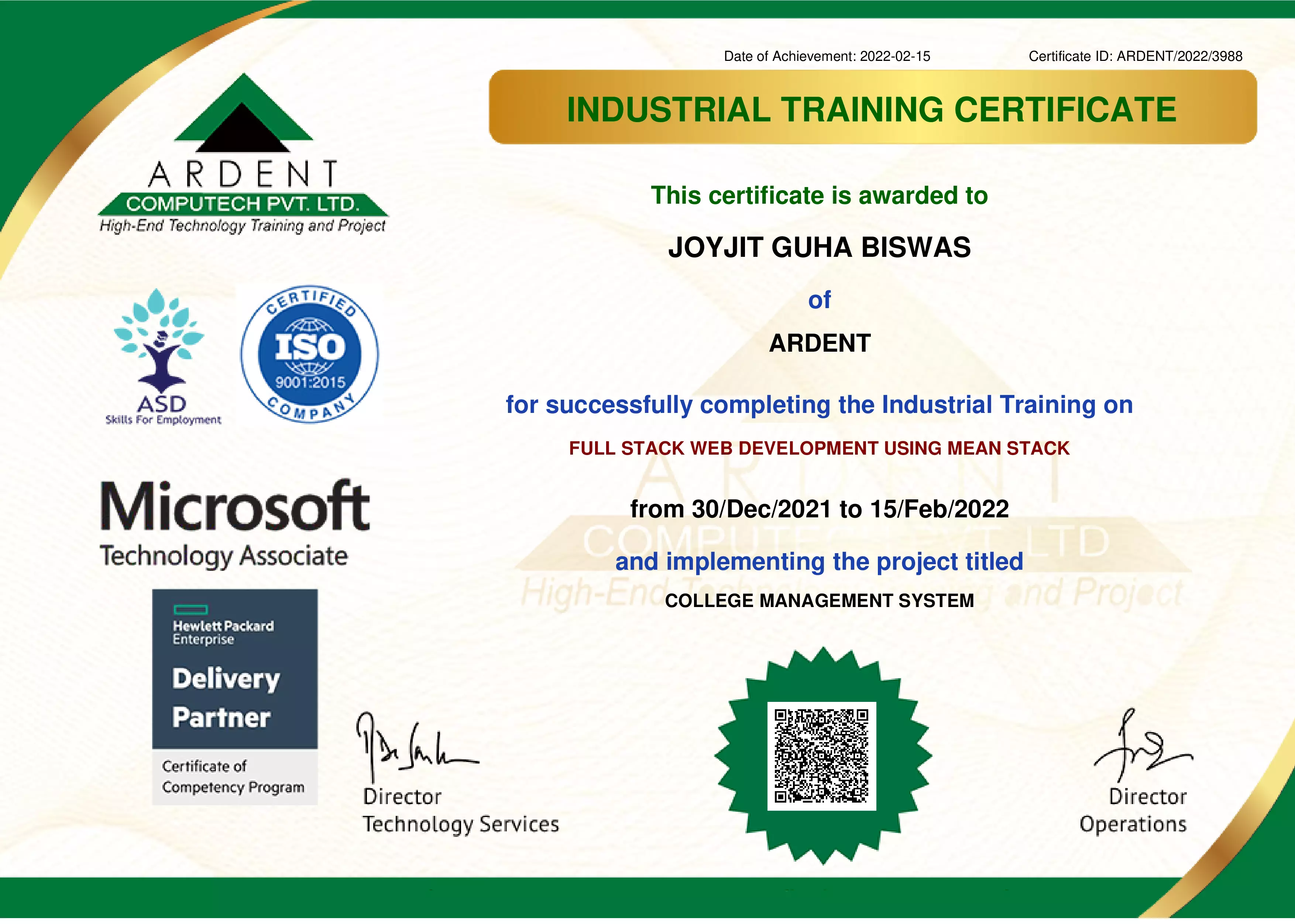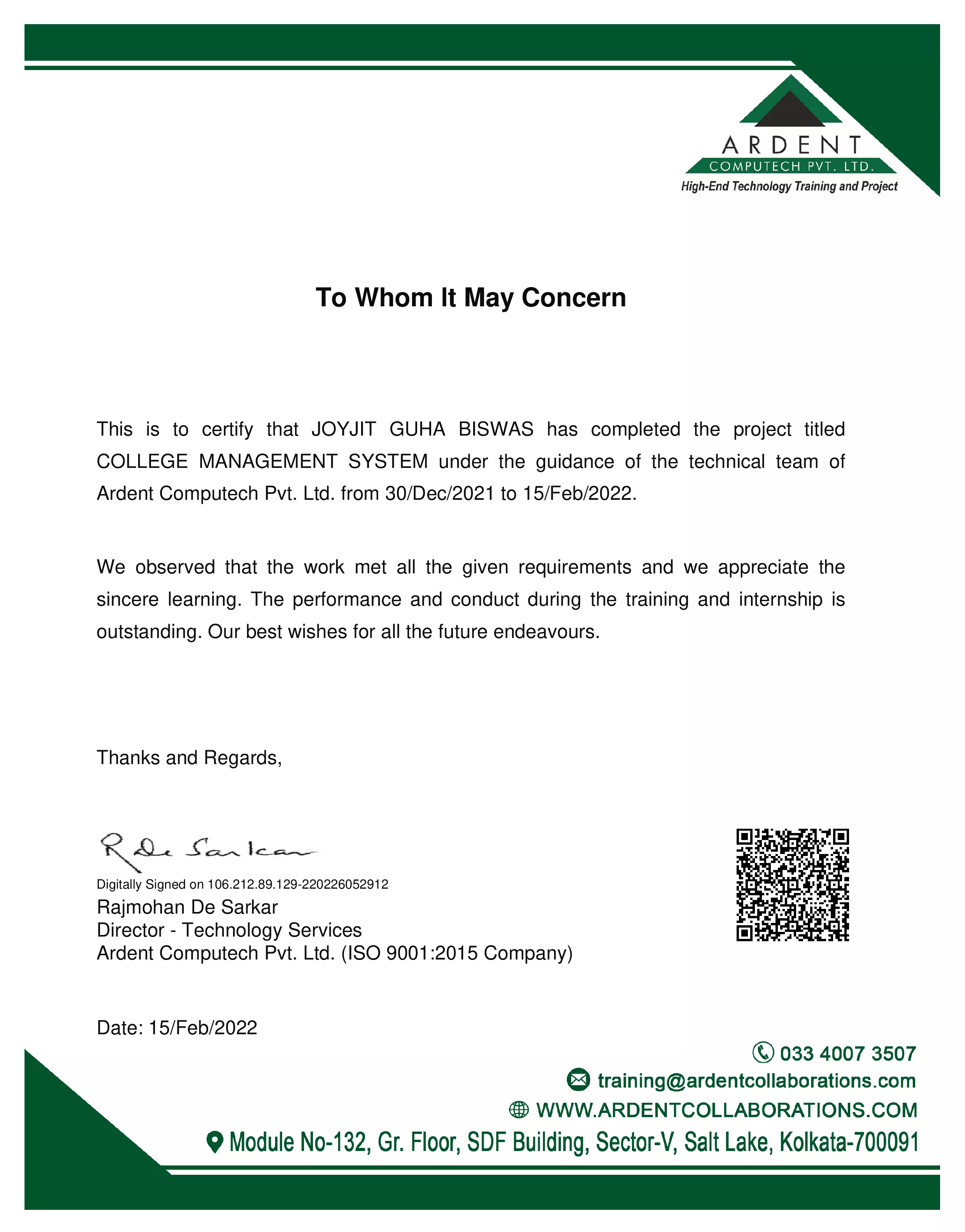
Cyber Security and Ethical Hacking
This Ethical Hacking and Cybersecurity course is a comprehensive, hands-on program designed to take learners from absolute fundamentals to advanced penetration testing and exploit development. Starting with an introduction to cybersecurity, hacking concepts, and ethical hacking methodologies, the course builds a solid foundation in networking, operating systems, and virtualization before diving into real-world attack and defense techniques.
Learners will begin by setting up their own ethical hacking lab environment using VirtualBox and Kali Linux, mastering the Linux command line, and understanding networking protocols and topologies. They will gain a deep understanding of website fundamentals (HTML, CSS, JavaScript, HTTP requests) before moving into reconnaissance, scanning, and vulnerability assessment using industry-standard tools such as Nmap, Nessus, and Shodan.
The course explores system hacking for Linux, Windows, and Android platforms, including privilege escalation, malware creation, and remote access techniques. Learners will develop skills in web application penetration testing, covering key attacks such as SQL Injection, Cross-Site Scripting (XSS), and data tampering, as well as advanced techniques like session hijacking and man-in-the-middle attacks with Wireshark.
In addition to offensive security skills, students will gain exposure to social engineering techniques (including phishing), security testing with Burp Suite, and Wi-Fi hacking methodologies. The program culminates in a hands-on project, where students document and present their findings like a professional penetration tester.
To prepare learners for the next level, the course also introduces exploit development and reverse engineering, digital forensics and incident response, and CTF-style problem solving. Students will analyze malware, perform memory and disk forensics, hunt threats using logs, and learn reporting best practices. Finally, learners will explore cybersecurity career paths, industry certifications, and portfolio building, positioning themselves for entry-level and intermediate cybersecurity roles.
By the end of this course, students will have a practical, lab-based understanding of how attackers think and operate — and how to defend against them. The focus is on responsible and ethical hacking practices, with an emphasis on legal and safe testing in controlled environments.
By completing this course, learners will be able to:
- Explain core cybersecurity, hacking, and ethical hacking concepts.
- Set up a virtualized hacking lab with Kali Linux and supporting tools.
- Use Linux commands and understand Linux file structures for security testing.
- Understand IP addressing, MAC addressing, network devices, and the OSI/TCP models.
- Perform reconnaissance and footprinting using open-source intelligence (OSINT) tools.
- Conduct network scanning, vulnerability assessment, and exploitation of vulnerable machines.
- Exploit Linux, Windows, and Android systems using various attack vectors.
- Create simple malware and remote sessions for educational purposes.
- Use Google Dorks, Shodan, and VirusTotal for information gathering.
- Perform privilege escalation on vulnerable systems.
- Conduct phishing simulations and understand social engineering tactics.
- Use Burp Suite to analyze and exploit web application vulnerabilities.
- Exploit web applications via SQL Injection, XSS, and data tampering.
- Capture and analyze network traffic with Wireshark.
- Hijack sessions and steal cookies in a controlled lab.
- Crack Wi-Fi passwords and test wireless security.
- Perform exploit development and reverse engineering on simple binaries.
- Conduct memory and disk forensics, analyze logs, and report incidents.
- Solve CTF-style challenges and build a cybersecurity portfolio.
- Follow responsible disclosure guidelines and practice ethical hacking legally.
- LIVE Online
- Offline in Kolkata
- Offline in Durgapur
- Offline in Institutions / Companies (for institutional and corporate training)




Course Modules
Professional
- Duration - 60 to 80 Hours (12/16/20/24 Weeks)
- Daily / Weekly Classes
- 4 Case Studies & 1 Minor Project & 1 Live Project
- Professional Courses are more comprehensive. The learning is case study based and project oriented. Ideal for passout students and working professionals.
-
WHEN WILL YOUR COURSE/TRAINING/INTERNSHIP START AFTER ADMISSION?
As per our policy, we start the course/training/internship within 10 days from the date of enrollment. If you enroll for future month/date, our schedule team will coordinate with you and assign your class. To communicate with our schedule team for preferred timing, email to training@ardentcollaborations.com. All courses/internships can be scheduled in customised manner as per your requirements. -
Download Content
-
SPECIAL OFFER- SAVE 50%
2750013750

